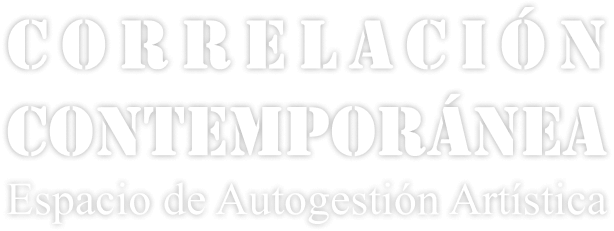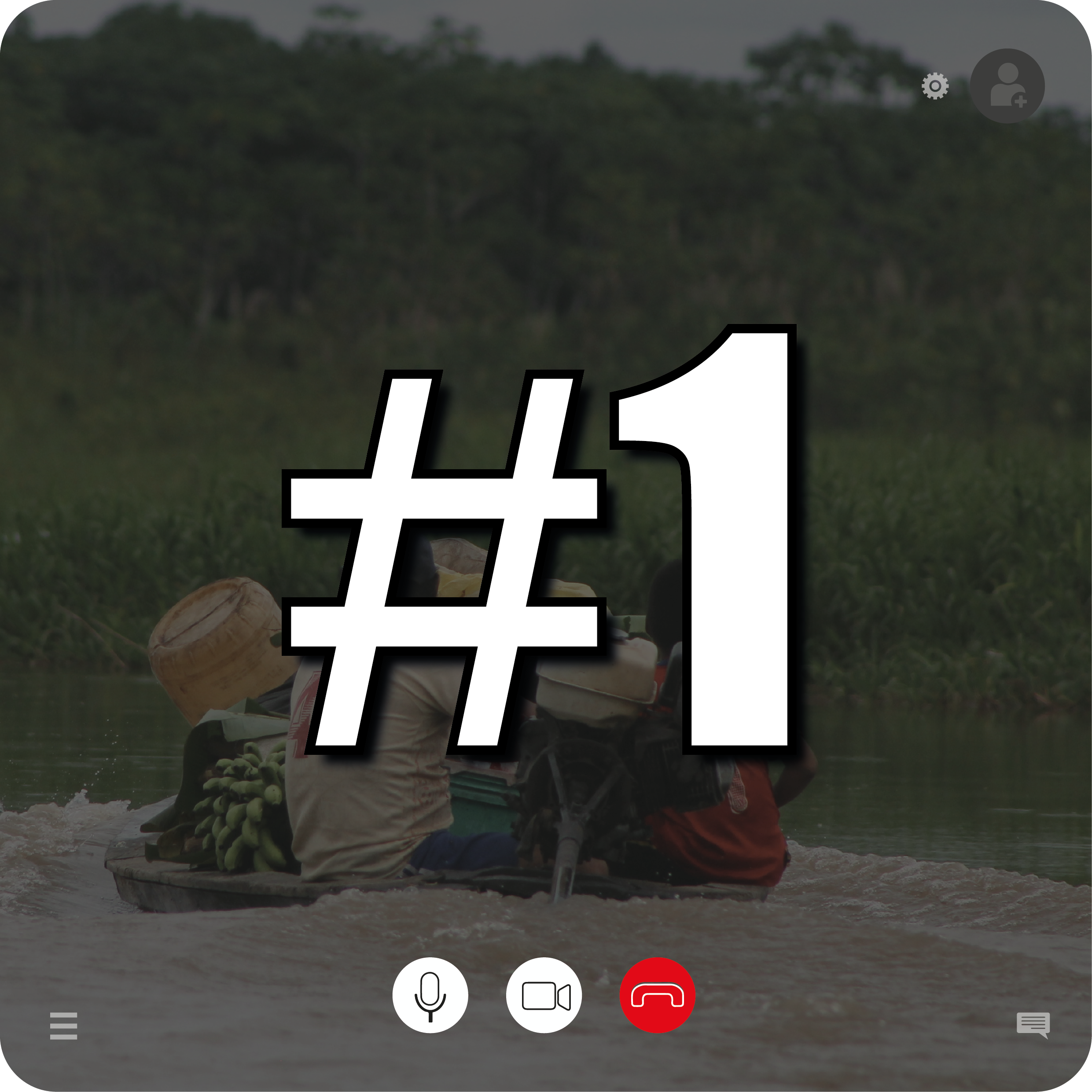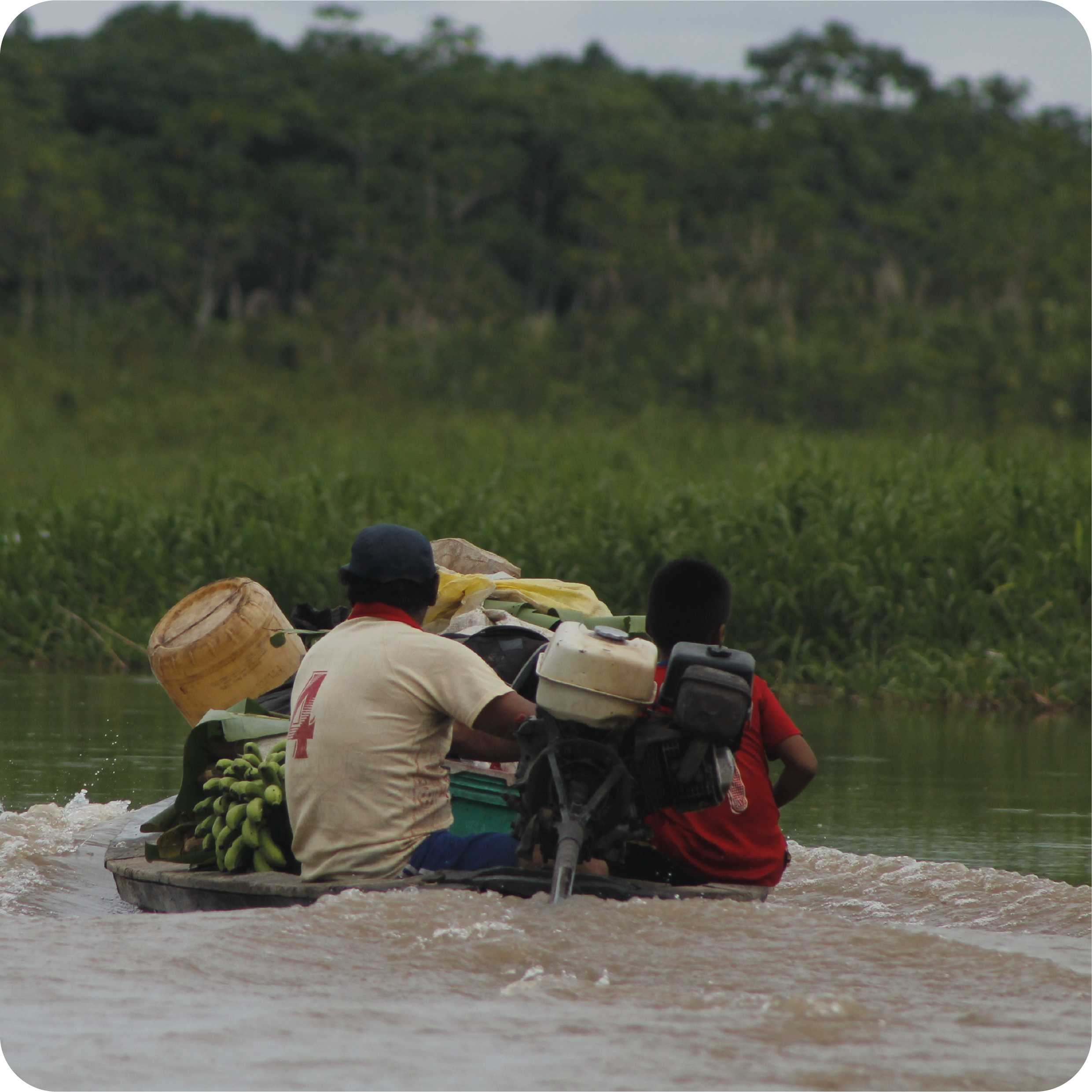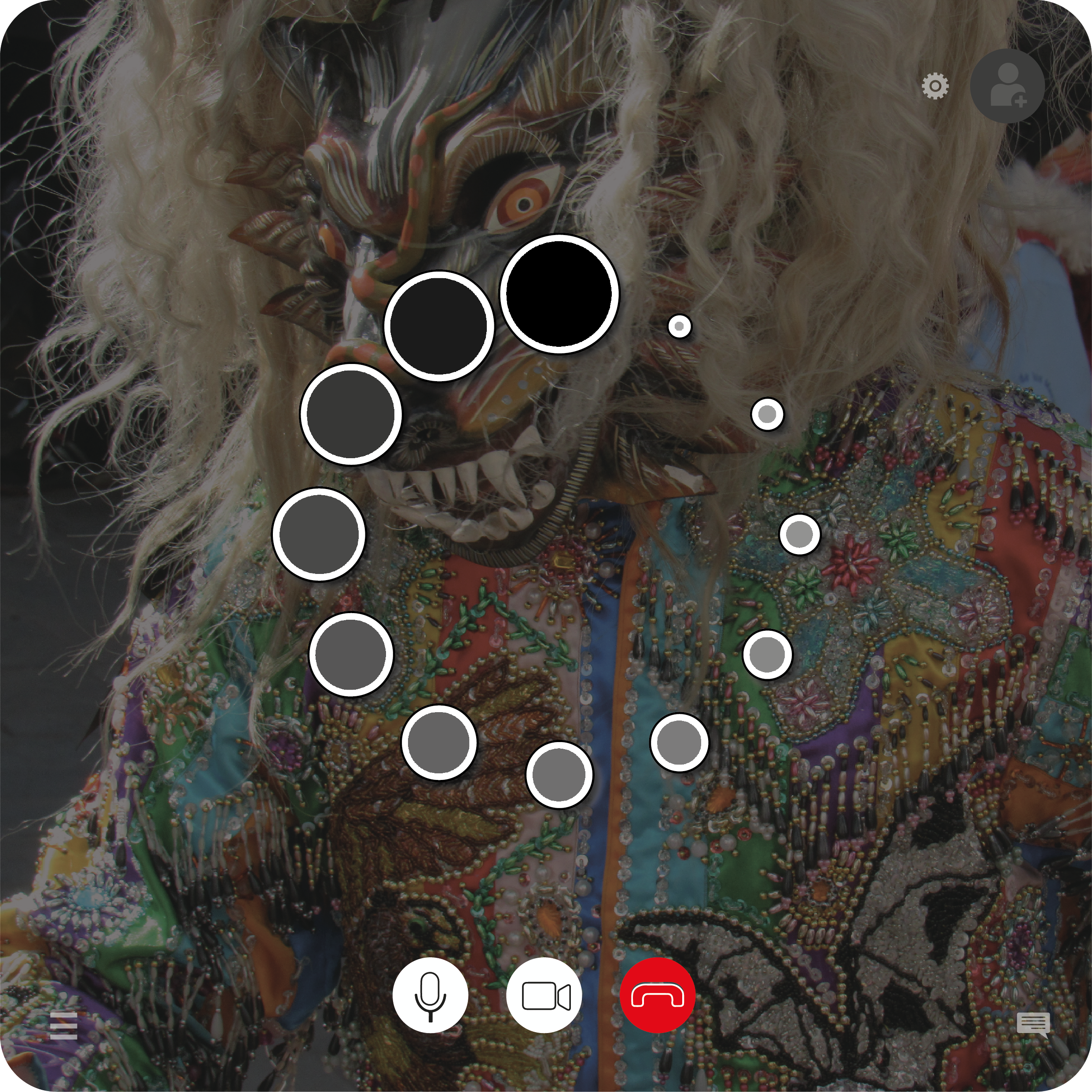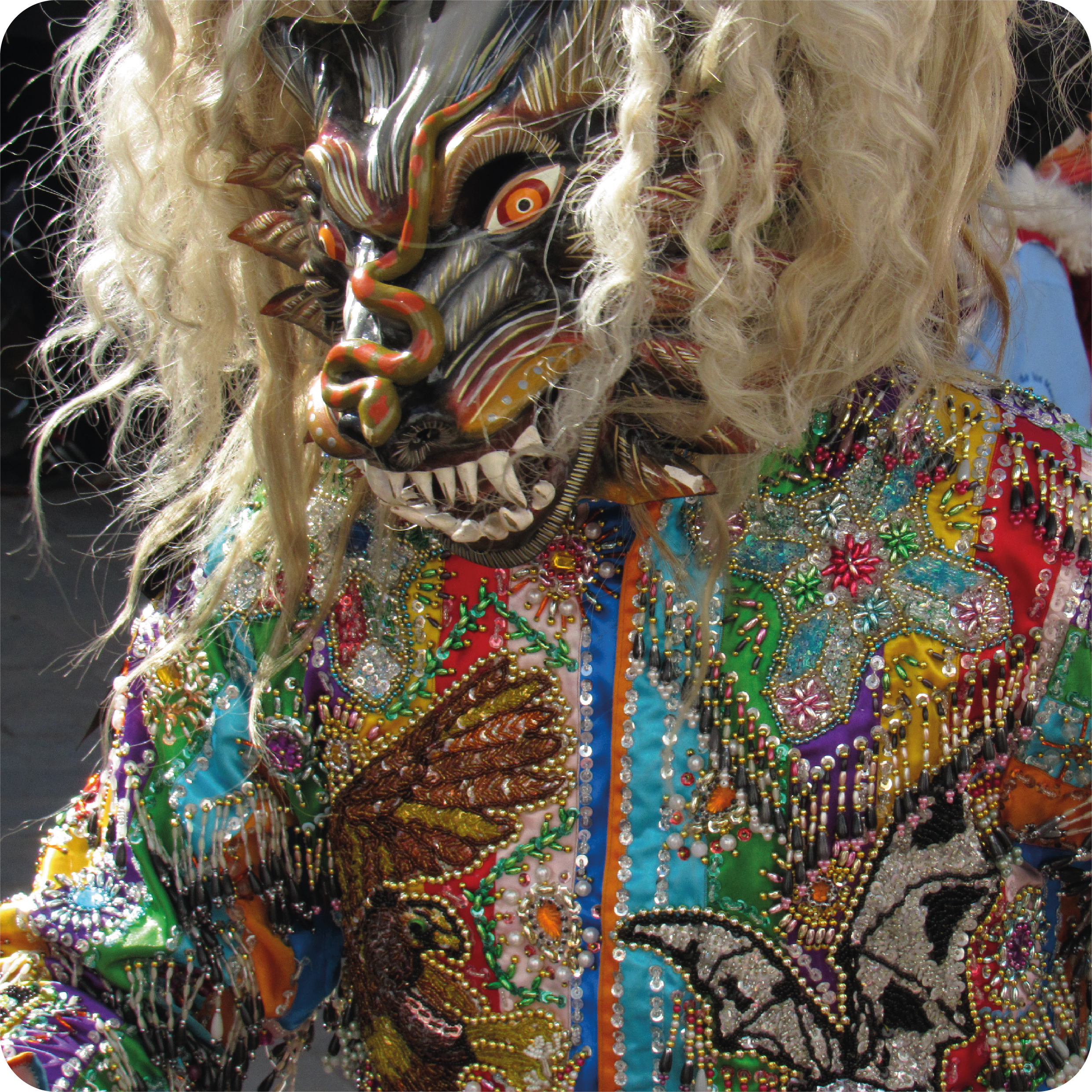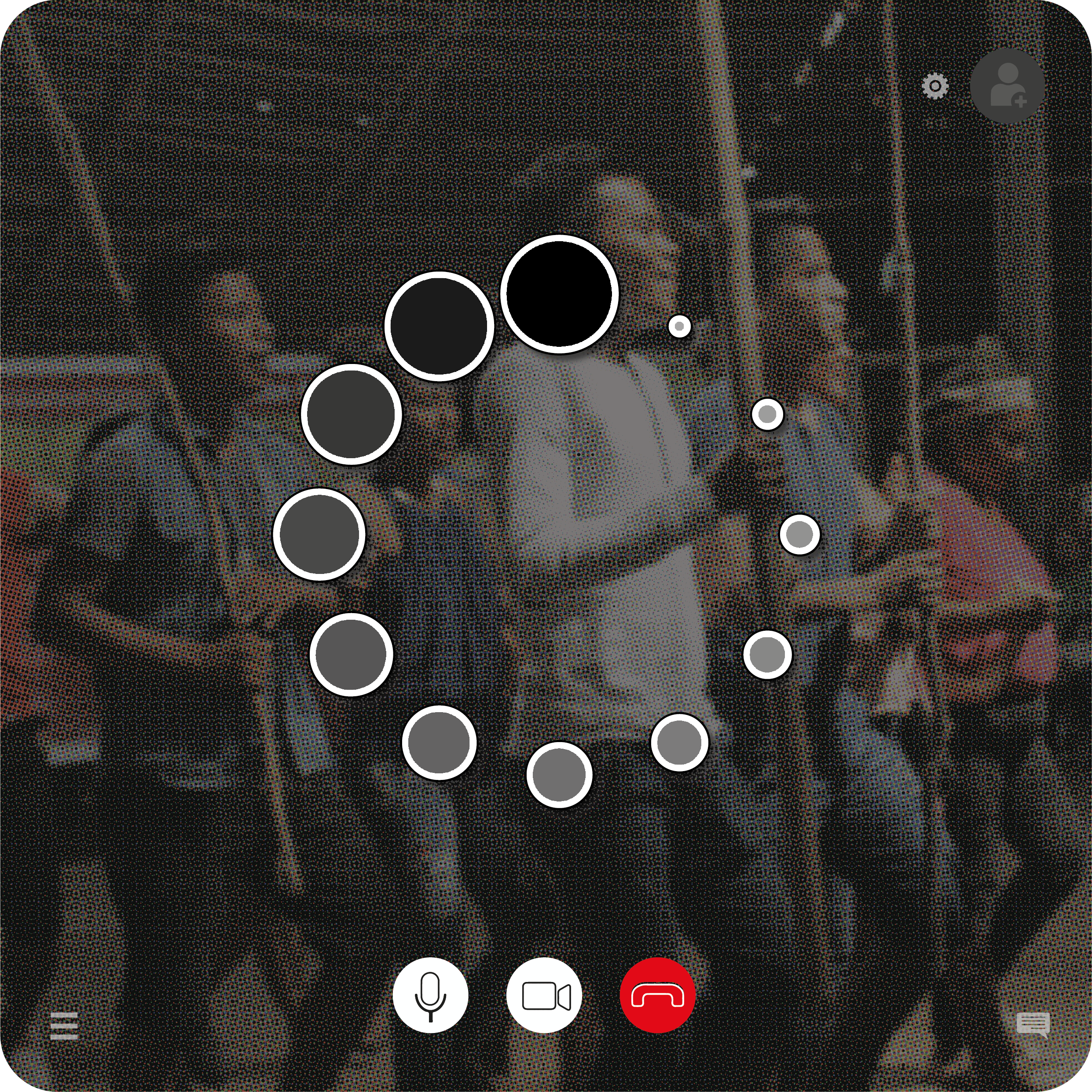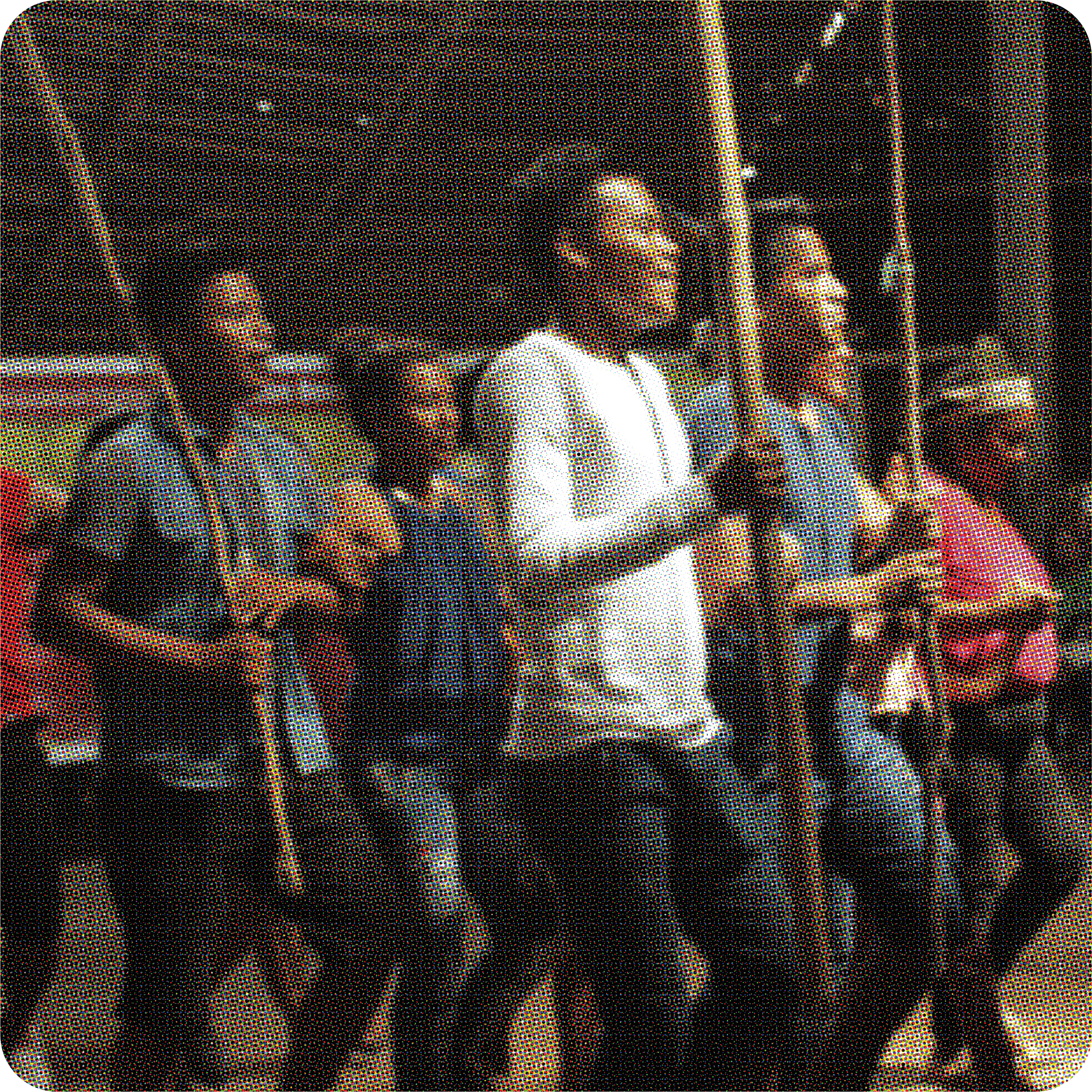Peruvian virtual Residency &
Online Co-op Community art projects development
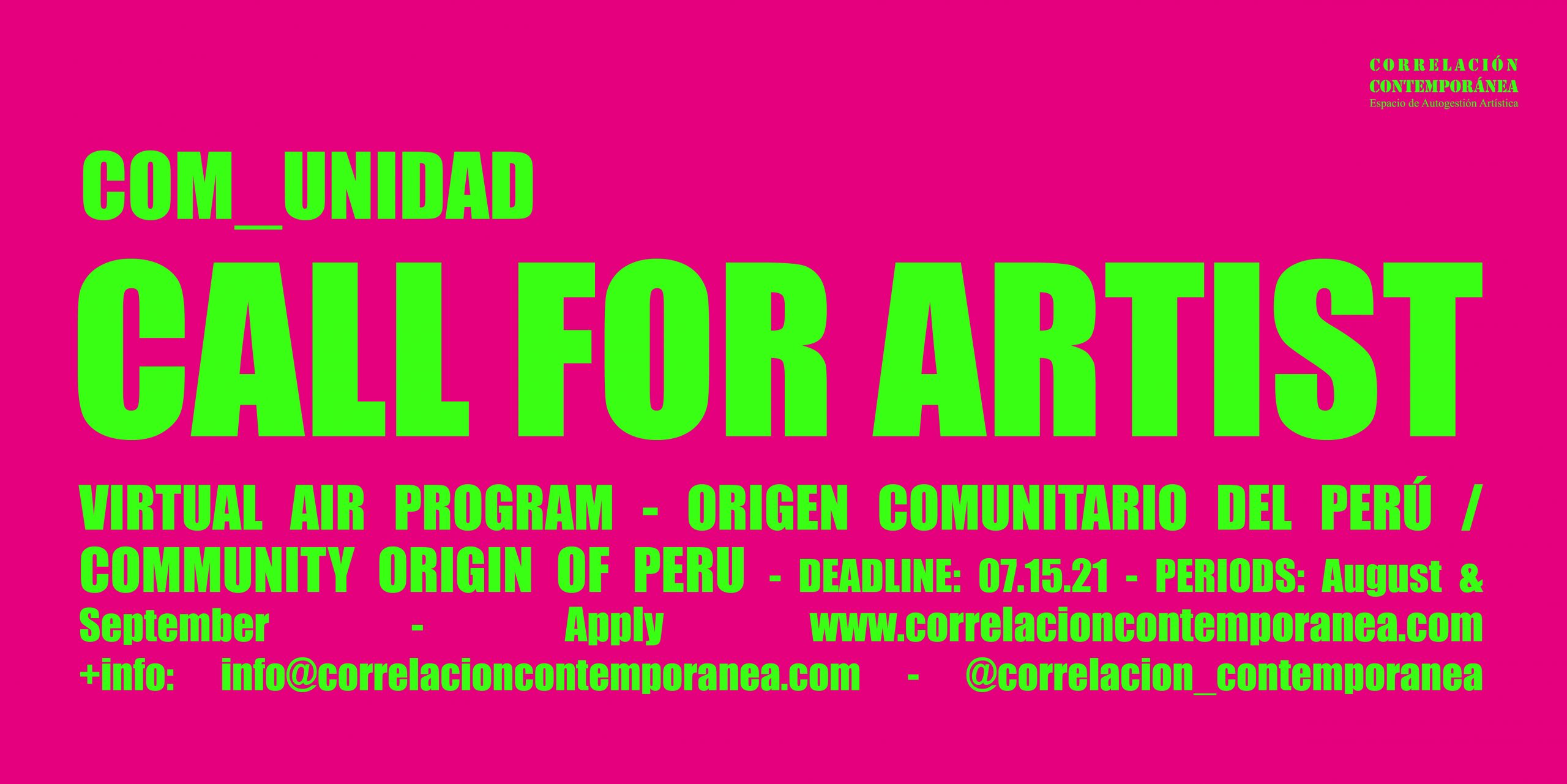
The virtual residence receives artists and cultural workers, national and international, with the aim of rethinking community art practices through virtual strategies, thus art, cultural management or art education projects, based on historical, cultural, social and geographical research of the Peruvian communities, from the culture of residents origin.
In addition, we will talk about cultural managements projects, art education and a introduction of archaeological practices in order to maintain the continuity of community work from the context of isolation and social distancing that the new normality proposes to us.
GUIDELINES
1. COM__UNIDAD - Spanish: August 2021.
2. COM__UNIDAD - English: September 2021
- Peruvian cosmovision and pre-Hispanic ritual spaces.
- History and impact of the native arts in current expressions.
- Contemporary art as an affective and educational tool in rural areas.
- Contemporary Peruvian cultural scene and autonomous art administrations.
- Community art in pandemic.
- Presentation of portfolios
- Induction to the pre-Hispanic sociocultural context of the peruvian coast, highlands or andes and jungle.
- Introduction to community ritual spaces in pre-Hispanic societies.
- Cosmovision in traditional art and contemporary practices.
- Introduction to community art education and management in rural areas.
- Weekly talks with archaeologists, historians, managers and art educators.
- Construction of pre project.
- Advisory meetings and debate with critics and / or curators.
- Public presentation of research or project progress.
- Catalog of projects and residence.
- 200 USD (Two hundred US dollars).
- Payment methods: Western Union / Peru bank transfer / Zelle / USA bank transfer.
- The selected artist must pay the fee one week before the start of the residency.
- Access to live activities and recordings.
- Join all the talks with experts.
- Live personal and group project consultancies.
- Access to the virtual library.
- Recorded and support material according to projects.
- Online publication.
- Online talk.
- Certificates of participation at the end of the residence period.
- Invitation letter for financing purposes.
- Invitation to other fully funded residencies, virtual or on-site, to the best projects.
- All the research projects carried out during the residency will be published and disseminated in our platforms and / or other allied organizations.
- Correlacion Contemporanea assumes the commitment to seek and / or manage spaces and funds to generate invitations and / or scholarships for the execution of in situ projects in the future.
- Internet access it is a requirement.
- Availability for live meetings 3 days a week (or up to 8 hs a week).
- Invitation letters for financing will be extended if necessary.
- Participants must respect local conditions and traditions.
- Participants will facilitate project material to be included in our platforms.
WORK TEAM
Coordinators:
CHRISTI ZORRILLA [Artist, cultural manager and professor]
Plastic and Visual Artist with a major in Sculpture from the Fine Arts School of Peru and fashion designer from the Hong Kong Polytechnic University. She is currently pursuing a master's degree in Higher Education with a specialization in teaching and research university. She has been part of the Larco Museum educational area and the Cultural Center of Fine Arts in Lima. She currently works as a professor of basic and higher education. In addition, she is the director of different artistic-educational projects focused on research, dissemination and revaluation of Peruvian cultural art and practices.
MARCO HERRERA [Artist and curator]
Plastic and Visual Artist with a major in Engraving from the Fine Arts School of Peru. He has developed independent curatorial projects exhibited in institutions such as the Instituto Cultural Peruano Norteamericano and the Cultural Center of Fine Arts in Lima. He is part of the working group of the 2nd Latin American Census of Contemporary Art (2020). In addition, he has been speaker at different lectures on models of residences, collaborative practices, contemporary art and pre-Columbian practices in Peru, Chile and Brazil.
Collaborators:
JOSÉ GUILLÉN [Archaeologist]
Bachelor of Humanities with a major in archeology from the Pontificia Universidad Católica del Perú. He has participated in archaeological excavations in the Cañete Valley, in the Chao Valley, in the Maranga archaeological complex and in the Chavín de Huántar archaeological site. He has been part of Larco Museum education and mediation area, also, he is part of the group of Experts of the Larco Museum Collection. Currently, he is part of the Early Ecodynamic Archaeological Project of the Chao and Santa valleys where he is doing his thesis on the chronology of the preceramic site Salinas de Chao in La Libertad.
GIUSEPPE ALVA [Archaeologist Assistant]
Assistant archaeologist at the Chavín de Huántar archaeological site. With experience in archaeological excavations on the Peruvian coast, such as in the Maranga and Cerro de Oro Archaeological Complex. He has carried out field surveys in the Mantaro Valley and analysis of archaeological material in archaeological research and monitoring programs. He has been part of Larco Museum education and mediation area, and later served as an Experts of the Larco Museum Collection. He is currently conducting research on ritual events in one of the recently discovered galleries in Chavín de Huantar, Ancash.
SANDRA FLORES [Artist-educator]
Currently in senior grade of Art Education career with major in basic education at Fine Arts School. Her work is characterized by the formation of affections and bonds in the classroom or educational space. With this edition we decided to socialize knowledge, experience and our tools to contribute to the dialogue, dissemination and creation of new art-education projects. In 2017, he participated in the artistic residency "Iwati Parana / Sobre el rio" with the project "CONVERSACIONES, Lima - Iquitos" a collaborative action that proposes to think of the postal exchange as an opportunity to confront different individual and collective idiosyncrasies of geographically opposed contexts.
JOSEFINA JIMÉNEZ [Historian and artist-educator]
With training in art history, education and cultural management. She has worked as coordinator of educational programs at the Museum of Contemporary Art, the Metropolitan Museum of Lima, the Museum of Art of Lima, and theFine Arts School Cultural Center. Currently, she is the coordinator of Book and Reading Plan of the Metropolitan Municipality of Lima, and has also collaborated as an artist-educator in educational and cultural projects in Peru and abroad. She is an art history professor in higher education schools and promoter of the reading animation project "Library for children without fear."
